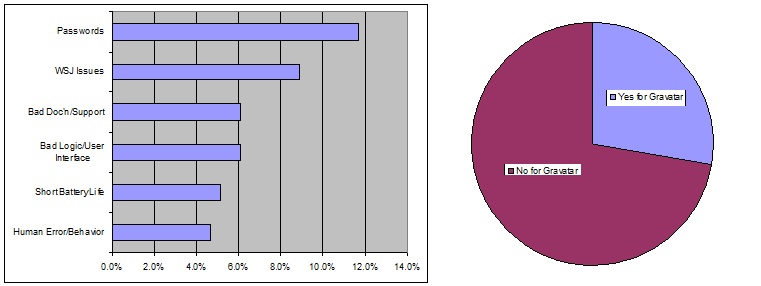
Technology does not exist in a vacuum. It is created by humans of varying degrees of ability and honesty. And technology involving the Internet is generally so complex, and created under time pressure, that it is more error-prone than more cautious and patient people would like.
According to the New York Times, slack security at the New York Fed (that’s the Federal Reserve Bank of New York), which most folks would consider a bastion of safe-keeping, allowed a bunch of money ($81 million or $100 million or some such sum) that rightfully belonged to poverty-stricken Bangladesh to be misappropriated by Chinese hackers and transferred to the Philippines, where in turn it was apparently transferred by above-the-law banks to putatively money-laundering casinos, who made it vanish beyond any chance of recovery. We’re not making this up. Mere prose and still images can’t do it justice. And no fiction writer could have imagined a more twisted tale.
The comedy continues if one reads the Zero Hedge blog, which apparently specializes in spreading misinformation of all sorts, including calling a spade a spade when it might not be. Entertaining to most of the world, but not to a few officials during whose watch this debacle occurred or to starving citizens of Bangladesh.

